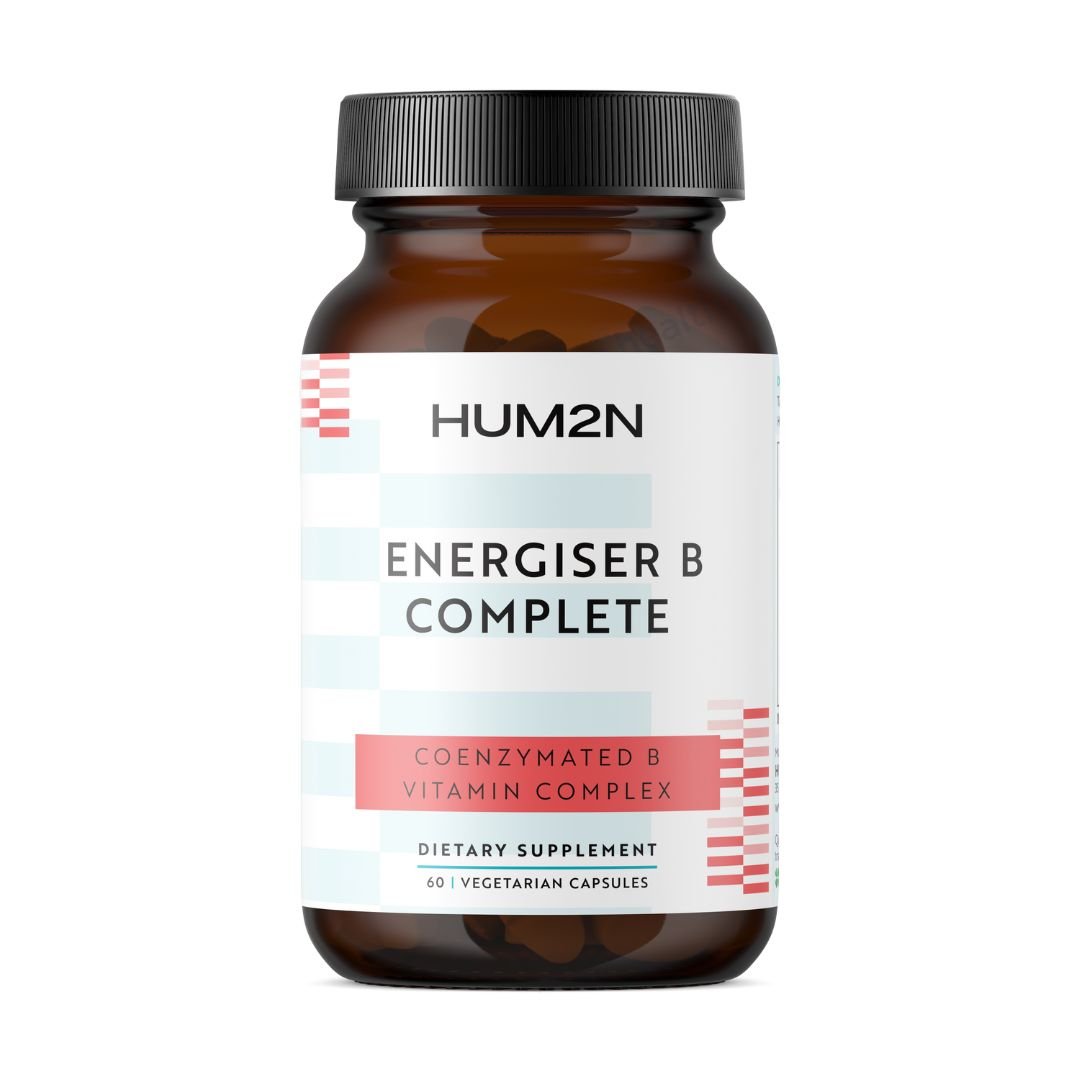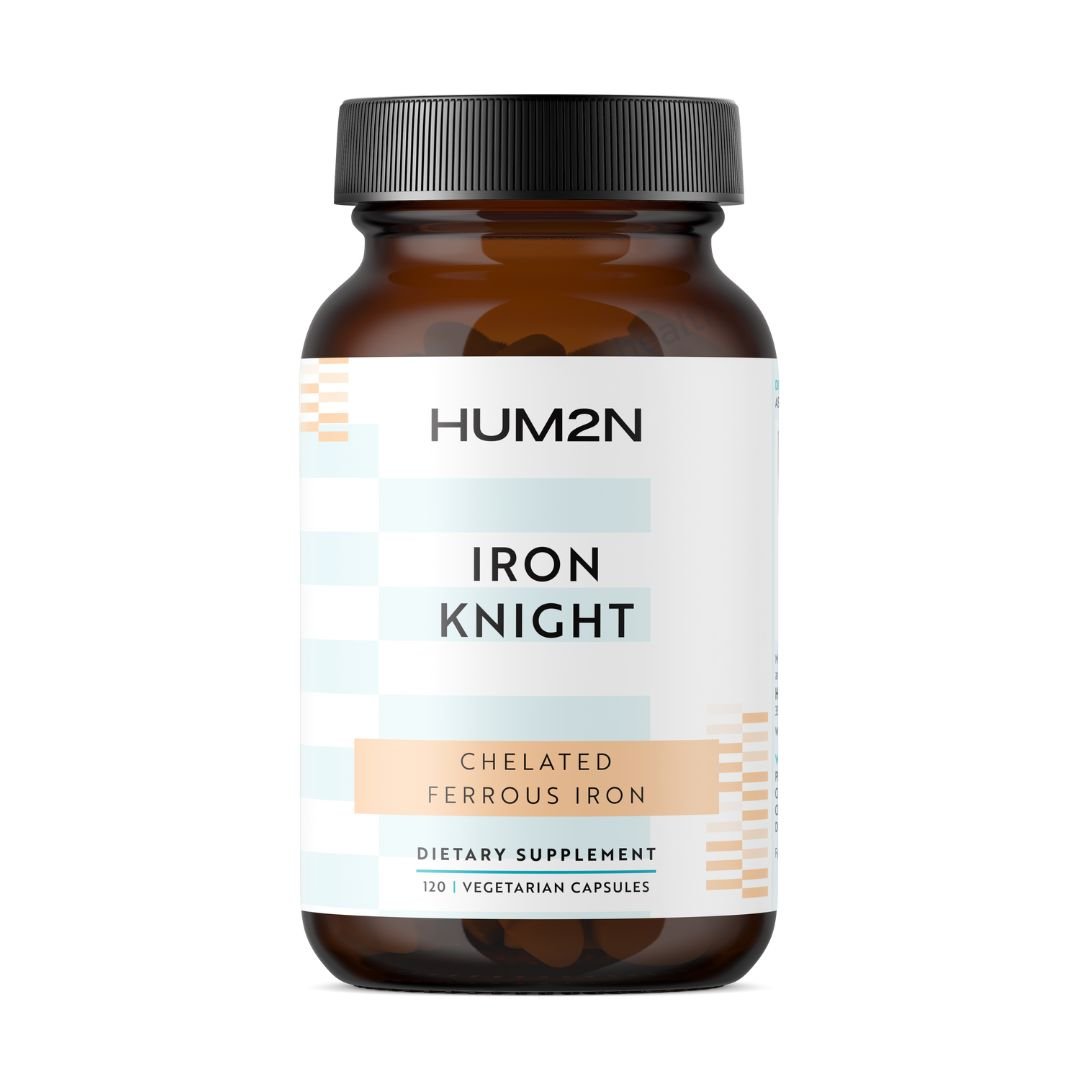What is the Gut-Brain Axis?
The gut-brain axis is the connection that exists between your gut health and your brain. Your gut is in constant chatter with your body’s own cells and visa versa, as there appears to be “bidirectional communications between the gut microbiota and brain function through several pathways, particularly involving the immunoregulatory pathway, neuroendocrine pathway, and vagus nerve pathway 1. To sum up, your brain and the gut are deeply connected.
The Gut Microbiota and Mental Health
So how is mental health linked with the communities living in your gut? Whilst the consensus on what the ideal composition of the gut is, certain changes in its composition are linked to ill health – a phenomenon termed as dysbiosis. A review of 16 clinical trials published in 2020 looked at the connection between major depressive disorder and the gut. This comprehensive review found the bacterial genera Coprococcus, Faecalibacterium, Ruminococcus, Bifidobacterium, and Escherichia to be reduced in patients with major depressive disorder1.
Why does this matter? Well, different microbes have different chemical “fingerprints”. For example, “good bacteria” like those in the genera Bifidobacterium produce short-chain fatty acids (SCFAs) which may be protective against depression; One of the proposed mechanisms for this is their effect on mediating chronic inflammation, which is linked to numerous disease states, from Alzheimer’s to depression and attention deficit disorder. So, can we harness the power of the gut to reach SUPERHUM2N status?
What We Can Do to Care for the Gut
EAT LOTS OF FIBRE
"Fibre is super important for your gut bacteria to thrive" explains Alexsandra Rehlinger, Head Of Integrative Nutrition. "Research shows that people who eat diets high in fibre have lower levels of anxiety and depression. Eating around 30 different plant sources a week has been shown to give greater microbial diversity (compared to those eating just 10) which is generally associated with better health and improved cognition”.
MANAGE YOUR STRESS LEVELS
“The extensive literature reports that chronic stressors affect the composition, metabolic activities, and physiological role of microbiota in various capacities”2. Chronic stress, such as that due to pollutants/toxins, poor sleep hygiene, and bacterial infections may lead alterations in the microbiota, modulating the progression of disease like obesity, anxiety and depression. We are all subjects to different stressors in our lives, so general advice is no good here.
At HUM2N, we believe in a hyper-personalised approach to help you elevate your life. Our HUM2N programme is designed specifically to kickstart your metabolic detoxification. By supporting the removal of toxins from our body, it helps reduce pain and fatigue, enhance energy, cognitive function and moods and our ability to tolerate stress, as well as improve our sleep cycles.
CONSIDER PROBIOTICS
Probiotics are live bacteria that, when taken in sufficient amounts, can impart a health benefit. probiotic foods such as yoghurt, kefir, and sauerkraut are good dietary options, but these should be consumed regularly to see any benefit. A recent meta-analysis1 found that supplementing with probiotics in clinical trials significantly reduced depressive symptomatology in humans. This is an exciting finding, with great clinical implications.
Whilst these findings are yet to be translated to clinical practice, you can get access to medical-grade probiotic supplements for your overall health at HUM2N.
Our Populator supplement is a potent probiotic for healthy gastrointestinal system support. Populator has 5 billion live and active microorganisms from eight different bacterial strains, for healthy microbiota restoration, with a patented delivery system to ensure maximum potency and viability.

CONSIDER PREBIOTICS
Prebiotics are complex carbohydrates that pass undigested into the colon and act as food for your gut microbes. Beneficial bacteria prefer these complex carbohydrates as food, so prebiotics selectively promote their growth. This drives symbiosis which is the microbial composition that brings beneficial physiologic effects to the host 3.
Prebiotics can be found in wholegrains and plant foods; chicory, asparagus and onions all contain probiotics inulin and fructooligosaccharides, which promote Bifidobacteria and Lactobacilli while decreasing pathogenic bacteria populations. If you struggle to eat enough fibre, our Sweet Saviour snack can help; this dairy-free chocolate coconut bar contains a blend of fibre and natural sweeteners that are less prone to affect those with GI sensitivities. It features an IMO (isomalto oligosaccharide) vegetable fibre with a host of health benefits, and naturally supports healthy mineral absorption, bowel pH, immune system function, and composition of intestinal microbiota.
CUT DOWN ON ULTRA PROCESSED FOODS
The composition of our microbiota is influenced by our diet and lifestyle. A good example is the Western diet, which is characterized by ultra-processed foods and few plant foods. Evidence suggests that the Western diet leads to dysbiosis, which is the alteration in the microbiota that is associated with disease 4. Thus, try to adhere to a Mediterranean diet by eating lots of vegetables, fruits, nuts, seeds, legumes, whole grains, fish, seafood and extra virgin olive.
CONCLUSION
Over the last decade, research into microbiota contained in our gut has exploded, with studies proving time and time again just how important gut health is to our overall well being.
If you're feeling more stressed, an increase in your anxiety or any deterioration of your mental health, it is important to start looking at your gut. Your gut health is not only a key component in making sure the correct nutrients are absorbed for a healthy body but also in bettering your mental health.
Here at HUM2N, we believe there is no one-size fits all approach to your health. A diet and supplements which might work for someone else are likely to be different for you, in fact, there is nothing more personal than your microbiota.
If you're looking to improve your mental health, book in for a consultation with a HUM2N Health Genius today, we will look at you from a deeper level, taking you on a journey to remove any blocks between your gut health and your body's overall health - for both body and mind.
REFERENCES
Sanada, K., et al., Gut microbiota and major depressive disorder: A systematic review and meta-analysis. Journal of Affective Disorders, 2020. 266: p. 1-13.
Sharma, V.K., et al., Dysbiosis and Alzheimer’s Disease: A Role for Chronic Stress? Biomolecules, 2021. 11(5).
Zapata, H.J. and V.J. Quagliarello, The microbiota and microbiome in aging: potential implications in health and age-related diseases. J Am Geriatr Soc, 2015. 63(4): p. 776-81.
Tuohy, K.M., F. Fava, and R. Viola, 'The way to a man's heart is through his gut microbiota'--dietary pro- and prebiotics for the management of cardiovascular risk. Proc Nutr Soc, 2014. 73(2): p. 172-85.







